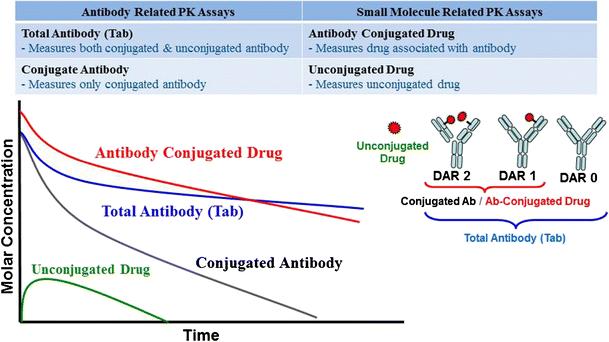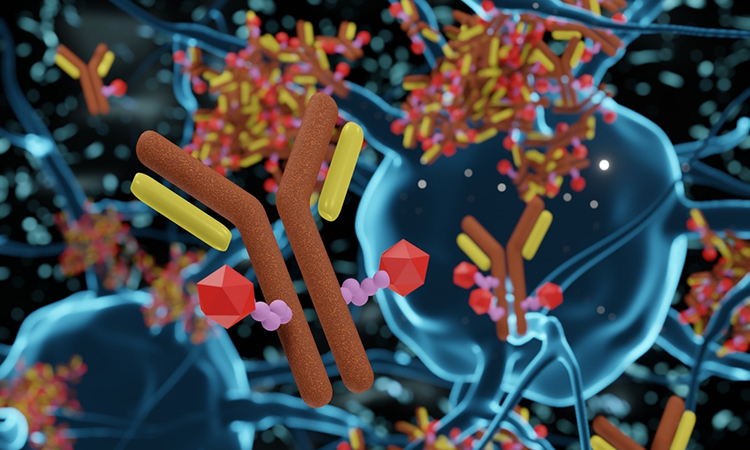The realm of cancer therapeutics has witnessed an evolution over the years. The quest for more effective yet less toxic treatment modalities continues from conventional chemotherapy to targeted therapies. Antibody-drug conjugates (ADCs) stand at the forefront of this revolution, bridging the gap between monoclonal antibodies' specificity and cytotoxic agents' potency. Central to the understanding of ADCs' therapeutic utility is their pharmacokinetics (PK) - the study of how drugs move within the body. The keyword "ADC pk" is gaining traction, revealing the importance of robust tools to analyze and interpret this crucial data. In this context, the significance of tools like anti-payload antibodies cannot be stressed enough.
The Pivotal Role of ADCs in Cancer Therapy
Before delving deep into ADC PK analysis, it's essential to understand what ADCs are. ADCs are complex molecules, each comprising a monoclonal antibody linked to a potent cytotoxic drug via a stable linker. The monoclonal antibody component specifically targets cancer cells, ensuring the drug is delivered precisely where it's needed. This selective targeting minimizes damage to healthy cells and amplifies the drug's efficacy against cancerous ones.

Understanding ADC PK Analysis
Pharmacokinetics essentially lays down the trajectory of a drug's journey within the body. For ADCs, this journey is multi-dimensional, influenced by:
ADC PK analysis is imperative to ascertain the dose, frequency, and potential side effects of ADC therapies. By understanding how ADCs are absorbed, distributed, metabolized, and excreted, researchers can fine-tune their design and application.
Anti-payload Antibodies: ADC PK Analysis
One of the challenges in ADC PK analysis is differentiating between the ADC's intact form and its components once they're metabolized or degraded. This is where anti-payload antibodies come into play.
Anti-payload antibodies are specialized antibodies that recognize and bind to the drug payload of ADCs. By doing so, they allow scientists to monitor the presence and concentration of the free drug in the system. This is invaluable data. By distinguishing between the intact ADC and the released payload, researchers can:
Without tools like anti-payload antibodies, a complete and accurate ADC PK analysis would be nearly impossible.

Future Directions and Challenges
The increasing use of ADCs in clinical settings underscores the importance of precise ADC PK analysis. Tools like anti-payload antibodies provide researchers with the data they need, but there are still challenges to overcome. For one, ADCs are heterogeneous by nature, given the varying number of drug molecules attached to the antibody. This means that even within a single ADC therapeutic, multiple species with different drug-to-antibody ratios exist. Understanding the PK of each of these species individually is a colossal task. Additionally, as newer, more complex ADCs are developed, there will be a need for even more sophisticated tools. Anti-payload antibodies are a step in the right direction, but the journey ahead is long and intricate.
Conclusion
In the dynamic landscape of cancer therapeutics, ADCs represent a beacon of hope, promising effective treatment with minimal collateral damage. To realize their full potential, a comprehensive understanding of their behavior in the body is crucial. ADC pk analysis, empowered by tools like anti-payload antibodies, ensures that this understanding is within reach. As the field continues to evolve, the role of such tools will only become more pivotal, guiding the path to safer and more potent ADC therapies.
